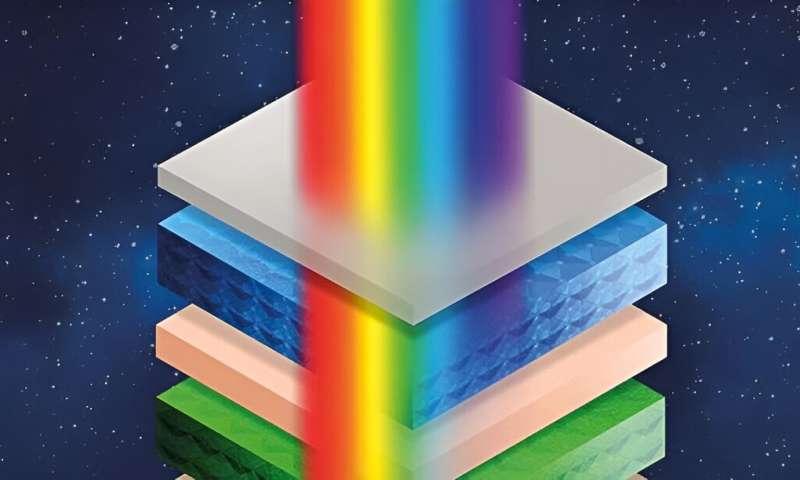Best of Last Week—Higgs particle instability; solar energy without panels; the downside of a keto diet

It was an interesting week for physics research as a small team of physicists at King's College London and the Astronomical Center of the Polish Academy of Sciences found evidence that the Higgs particle could have ended the universe by now; they then explained why we are still here. And a pair of physicists at Lehigh University in the U.S. dug deeper into the stability challenges confronting researchers attempting to use nuclear fusion as a power source, and they explained how they used mayonnaise as a helpful research tool.
In technology news, a team of physicists at Oxford University developed a new approach to capturing energy from the sun, which they claim could generate increasing amounts of solar electricity without the need for silicon-based solar panels. It suggests a way to take advantage of solar energy without using solar farms. And a combined team of engineers from Donghua University and the National University of Singapore demonstrated a droplet-sensing bionic e-skin that could further enhance robotic perception. Also, a team of AI researchers at the Biotechnology Center of Dresden University of Technology developed a new large language model trained on human DNA—called GROVER, the system could help scientists understand how information is stored and organized in the genome. And a team of engineers at Google's DeepMind Project demonstrated a robot capable of playing amateur-level table tennis.
In other news, a team of medical researchers at Northwestern University developed a bioactive material to regenerate high-quality cartilage in the knee joints of a large animal model. And a team of environmental scientists in the U.S. and Denmark found evidence that the center of Greenland's ice sheet completely melted in the recent past. Also, a multi-institutional team of health and nutrition specialists found that people on a ketogenic diet may experience an increase in LDL cholesterol levels, higher apolipoprotein B levels and reductions in certain gut bacteria. And finally, a team of sociologists at the University of California, Santa Cruz, found that an overlooked side-effect of the housing crisis may be putting Californians at increased risk from climate disasters.
© 2024 Science X Network